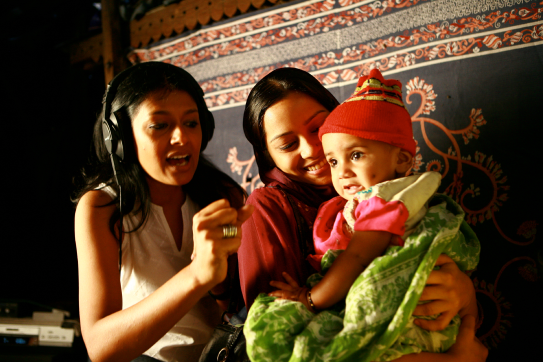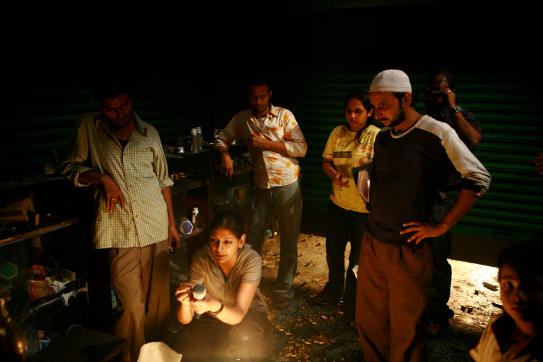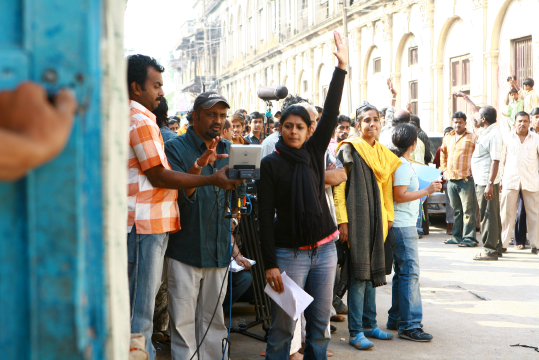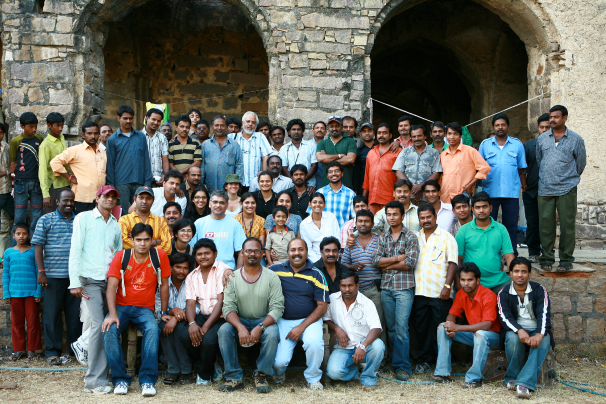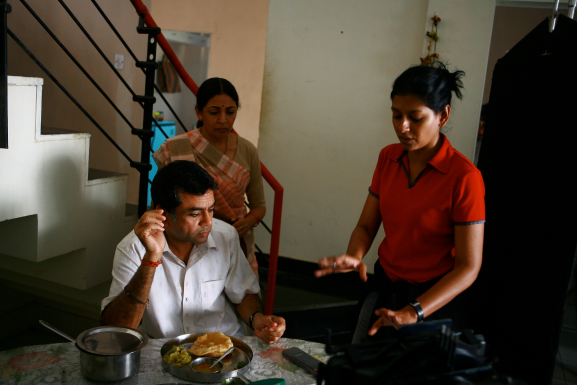Old words, new meanings
- June 1, 2014
I am fascinated by the ever-shifting relationship between words and what they mean. But it is worrying when their connotations vastly differ from their actual meanings. One of the most contentious in recent times is secularism. It has acquired a negative implication that even the framers of our Constitution could have never imagined. Its rather noble dictionary meaning, originally used in Christian Latin, is ‘the world’, as opposed to the church. I doubt if anything can be more inclusive than the whole wide world! In practice, secularism meant the strict separation of church and state. But in India, it was reinvented to mean, equal treatment of all religions, both major and minor, since a separation seemed impossible. It was basically a courageous attempt towards equality.
What an irony that secularism, a bedrock of all modern states, has acquired a negative connotation in India. Today, a secular is seen as being pro-Muslim, anti-Hindu and, in social media distortion, a sickular. Fatigued by its misinterpretation, I have at times wanted to abandon its use. After all, language is meant to communicate and, if the purpose is lost, then might as well replace it with a word that is not yet distorted, something like liberal. Although I fear it is only a matter of time that this, too, might be threatened. But more importantly, I fear a retreat from the word will also be a retreat from the idea.
A word, an idea that has been under siege longer, is feminism. I remember in college, most people rolled their eyes and chose to see a feminist as a man-hating whiny modernist. Early on, I distanced myself from it, then under-played its use but later claimed it with full force. And this is how I explain myself when people accuse me of being a feminist: “Just as there would be no environmentalist if nature was not so abused, there would be no need for feminists had the world not been so skewed. I cannot wait for the day when one can simply be a humanist. Till then, yes, I am a feminist.” So that makes me a secular feminist – a rather small minority!
That leads us to one of the most abused words-minority, whose very existence in this country is at stake. In India, where minorities of all kinds abound the word, it is being primarily associated with the Muslim community, deriving much of its negative connotation. Recently Najma Heptulla, the new minister of minority affairs, made the shocking statement, “Muslims are not a minority”. I do not think there was a need to go that far, as nobody really contested that! To her, minority is a tiny group like the Parsis (largely an affluent community) and since Muslims are larger than them, they do not qualify to be a minority!
According to political scientist Andre Liebich, two key elements that constitute a minority are “inequality and inferiority, not merely numerical but substantial inferiority”. The Sachar Committee report that studied the status of the Muslim community says, “Muslims are worse off than any other community, even the Musahar dalits, in terms of their socio-economic condition.”In any case, minorities can only exist vis-à-vis a majority, and B.R. Ambedkar astutely observed the irony, “any claim for the sharing of power by the minority is called communalism while the monopolising of the whole power by the majority is called nationalism!”
And finally the last word-nationalism, often touted as an identity that has the right to smother and subsume all other identities. It continues to have its fair share of shifting meanings. But the word count limits me and maybe another time I will attempt to decode this and other words. I feel when our collective sense of a word changes, so does the real world around us. And often, not for the better.

